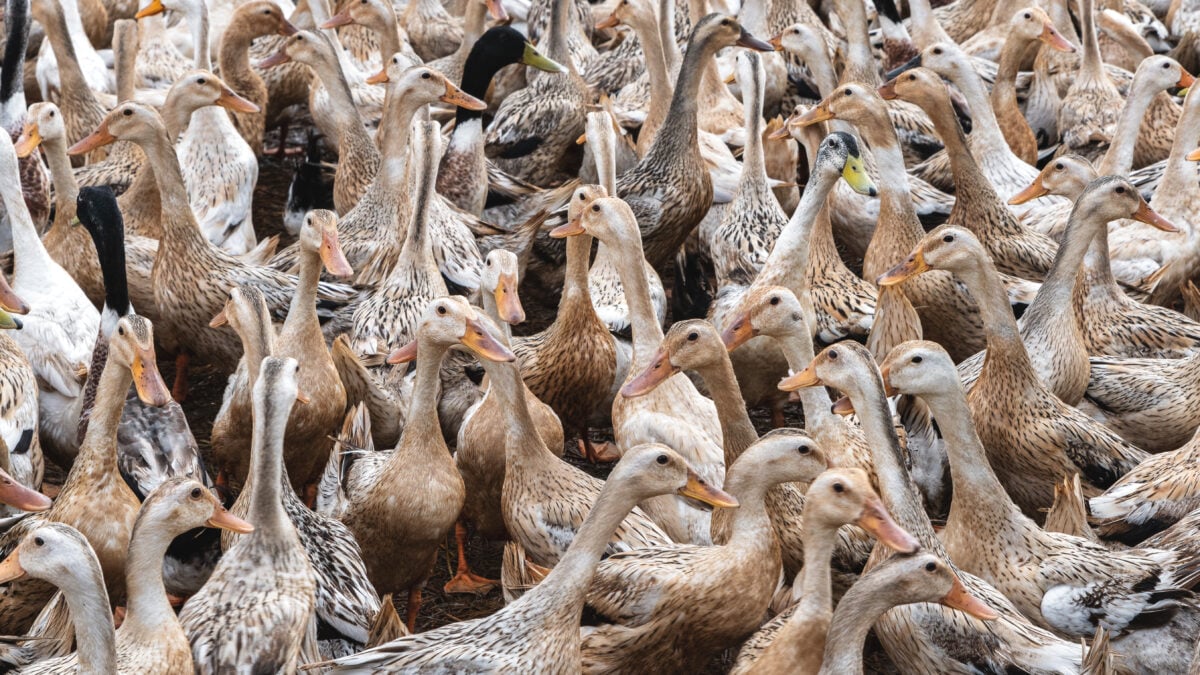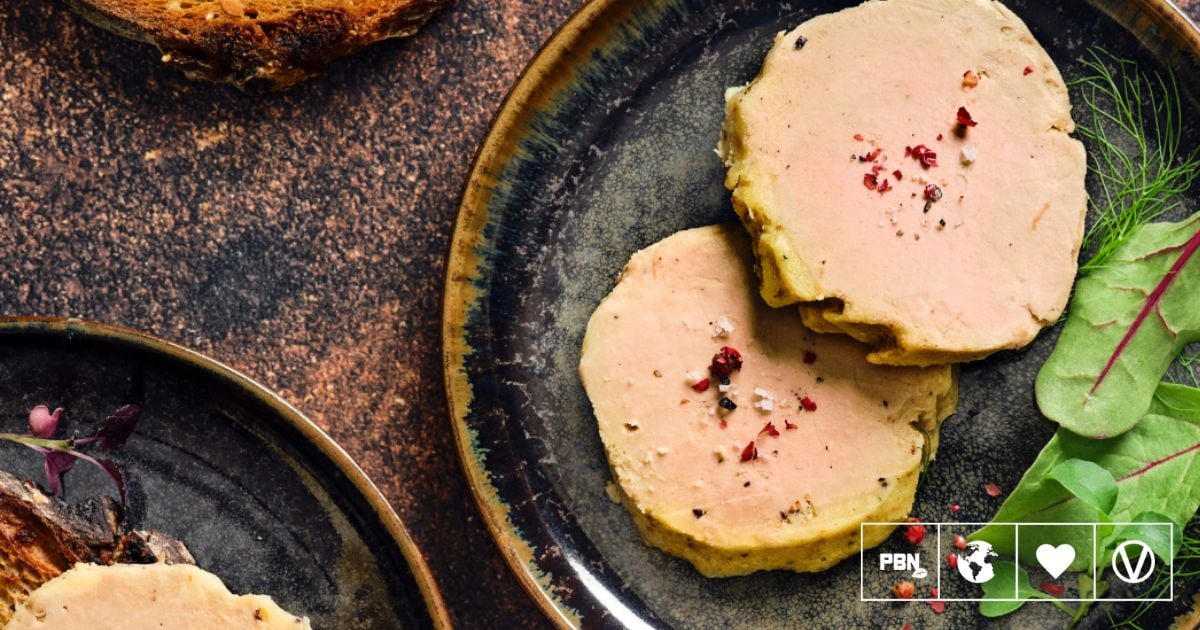French startup Gourmey has submitted novel food authorization applications in five key markets to sell its cultured foie gras product.
Read more: In the UK, cultured meat is approved for pets
Gourmey itself describes this as a “world first” and has applied for approval for market access in Singapore, the USA, Great Britain, the EU and Switzerland.
All “novel” foods – ingredients with no long history of consumption – are subject to strict safety checks before they can be introduced, including cultured meat (also known as “cell-based” and “lab-grown” meat). While some cultured foods are already approved for sale in Singapore, the US and Israel, Gourmey is the first company to apply for novel food approval in Europe.
According to a statement, Gourmey has submitted applications to the US Food and Drug Administration (FDA), the Singapore Food Agency (SFA), the UK Food Standards Agency (FSA), the Swiss Federal Food Safety and Veterinary Office (FSVO), and both the European Commission (EC) and the European Food Safety Authority (EFSA).
“We are convinced that our products meet these extremely demanding standards so that anyone who wants to can enjoy new gourmet experiences,” says Nicolas Morin-Forest, CEO of Gourmey.
Read more: From alternative proteins to pickled vegetables: research predicts major changes in the British diet by 2054
Diversification of protein production is “crucial”, says Gourmey CEO

Companies produce cultured meat by putting real animal cells into a bioreactor to reproduce them. These are usually enriched with plant proteins and grown into recognizable shapes like nuggets, steaks or other cuts of meat. Gourmey extracts cells from a duck egg to make its foie gras.
Cultured meat requires one or more animals to produce, so most vegans say they would rather avoid it. However, the process means popular foods can be produced without animal deaths and with a minimal environmental footprint.
Conventional foie gras is a particularly controversial product. It is a pâté made from the enlarged liver of a goose or duck. Birds raised for foie gras are often force-fed by having a tube shoved down their throats two or three times a day, meaning the contrast between the duck-based original and Gourmey’s cultured alternative is particularly stark.
“Diversifying protein production is crucial to maintaining food security and contributing to sustainability goals such as decarbonization and biodiversity,” added Morin-Forest.
Read more: State questions foie gras ban in New York City

